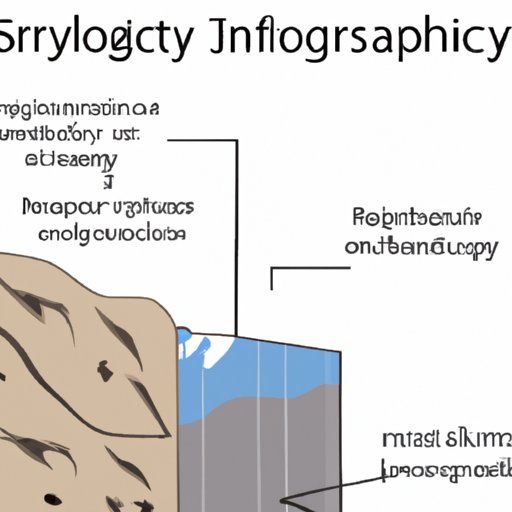Introduction
Geology is a field of science that studies the Earth and its components. It is concerned with the materials that make up the planet, their properties, and how they interact with each other. Geology also looks at how the Earth has changed over time, including its geological structure, natural resources, and processes such as volcanism and earthquakes. While geology may be considered a relatively new science, it has a long and fascinating history.
What is Geology?
The term “geology” comes from the Greek words geo (meaning “Earth”) and logos (meaning “study”). Thus, geology is the scientific study of the Earth. It encompasses many different disciplines, such as mineralogy, petrology, paleontology, stratigraphy, seismology, and hydrology. Geology is closely related to other sciences, such as biology, chemistry, physics, and astronomy.
Definition of Geology and Its Place in the Sciences
Geology can be defined as the scientific study of the Earth, its composition, structure, and processes. It is one of the major branches of the Earth sciences, which also includes oceanography, meteorology, and atmospheric sciences. As a science, geology seeks to understand the Earth’s history, composition, structure, and processes. It also seeks to explain why certain geological phenomena occur and how they have evolved over time.
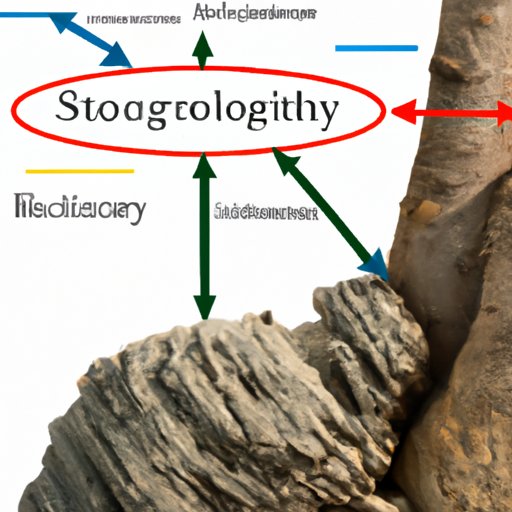
Examining the Relationship Between Geology and Other Branches of Science
Geology is closely related to other branches of science, such as biology, chemistry, physics, and astronomy. For example, geologists use principles of physics and chemistry to understand the structure and composition of rocks and minerals. They also use principles of biology to understand how living organisms interact with their environment. Astronomy is also useful for understanding the history of the solar system, as well as the origin and evolution of the Earth.
A Look at the History of Geology and its Role in Scientific Thought
Geology has a long and fascinating history. In ancient times, the study of geology was largely associated with mythology and superstition. Ancient Greeks and Romans believed that the Earth was formed by gods and goddesses, and that its physical features were determined by their actions. This view changed during the Enlightenment, when scientists began to investigate the physical processes that shape the Earth. In the 19th century, Charles Lyell proposed the theory of uniformitarianism, which states that geological processes operate in the same way today as they did in the past.
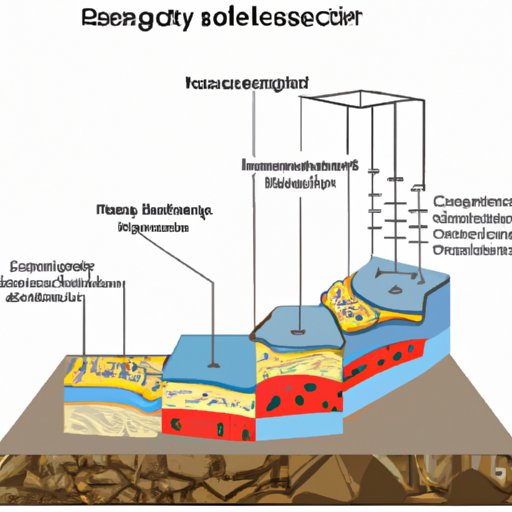
Analyzing the Role of Geology in Modern Science
Today, geology plays an important role in modern science. It helps us understand the Earth’s structure, composition, and processes. It also provides insight into how human activities affect the environment and how to manage our resources responsibly. Geology is used to explore and develop natural resources, such as oil, gas, coal, and minerals. It is also used to assess environmental hazards and mitigate the effects of natural disasters, such as floods, landslides, and earthquakes.
In addition, geologists use their knowledge to help solve some of the most pressing issues facing humanity today. For example, they are researching ways to reduce or prevent climate change, mitigate the effects of natural disasters, and find new sources of energy. Geologists also use their knowledge to help preserve and protect the environment.
Investigating the Impact of Geology on Society
Geology has a significant impact on society. It helps us understand the Earth’s resources and how to use them responsibly. It also helps us predict and prepare for natural disasters, such as floods, tsunamis, and earthquakes. In addition, geology provides essential data for engineering projects, such as building roads, bridges, and dams.
Geology also helps us understand the history of the Earth and how it has changed over time. By studying the Earth’s layers, geologists can gain an understanding of the past and present environments that support life on Earth. This knowledge can help us better prepare for the future and make more informed decisions regarding resource management and environmental protection.
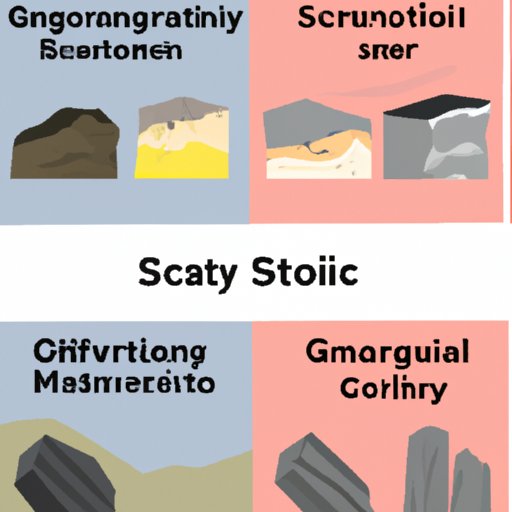
Comparing and Contrasting Geology with Other Sciences
Geology differs from other sciences in several ways. While other sciences focus on the behavior of matter on the molecular level, geology focuses on the behavior of matter on the larger scale. This means that geology involves the study of landforms, rocks, and other physical features of the Earth. Geology is also unique in that it uses a combination of fieldwork, laboratory work, and computer modeling to gain insights into the Earth’s history and processes.
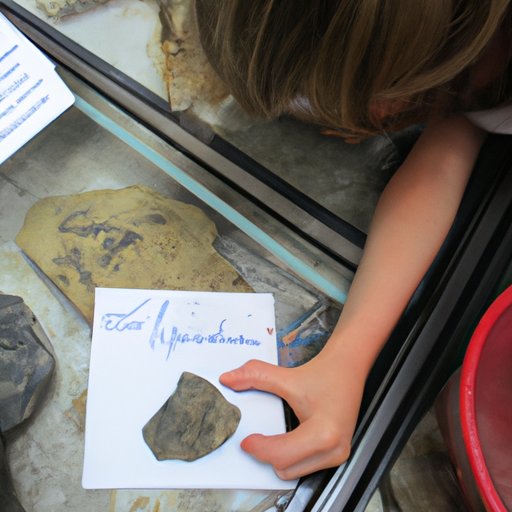
Exploring Different Types of Geological Research
Geologists conduct a variety of research projects. These include studies of the Earth’s surface, subsurface, and atmosphere; investigations into the origins and evolution of the Earth and its systems; and research into the impacts of human activities on the environment. Examples of current research topics include climate change, natural hazards, resource exploration, and environmental protection.
Conclusion
In conclusion, geology is a fascinating and important branch of science. It helps us understand the Earth’s structure, composition, and processes, and it provides insight into how human activities affect the environment. Geology has a long and interesting history, and it continues to play an important role in modern science. It is unique in its combination of fieldwork, laboratory work, and computer modeling, and its research projects have far-reaching implications for society.
(Note: Is this article not meeting your expectations? Do you have knowledge or insights to share? Unlock new opportunities and expand your reach by joining our authors team. Click Registration to join us and share your expertise with our readers.)
